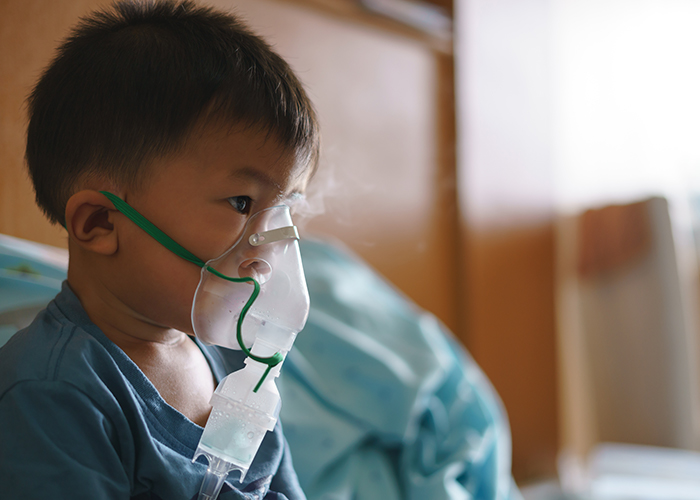Experimental RSV drug 'promising' says MHRA
In News
Follow this topic
Bookmark
Record learning outcomes

The MHRA has granted a ‘promising innovative medicine’ (PIM) designation to nirsevimab, an experimental drug that could help protect infants against respiratory syncytial virus (RSV).
Research is ongoing to determine whether nirsevimab, an extended half-life monoclonal antibody that is given intramuscularly, provides passive immunisation for infants against lower respiratory tract infections (LRTI) caused by RSV.
Almost all infants are infected with RSV at least once by the time they reach two years of age. In the UK between 2007 and 2012 the virus caused an estimated 33,000 hospitalisations each year in children under five.
Researchers are looking at whether nirsevimab protects infants in their first RSV season (form birth to 12 months) and, in the case of children with chronic lung disease or haemodynamically significant congenital heart disease, in their second RSV season (up to 24 months of age).
With findings indicating that the drug led to a 70.1 per cent reduction in the need for medical intervention and a 78.4 reduction in hospitalisations due to RSV-associated LRTI in healthy preterm infants, the MHRA has decided to grant it a PIM designation.
To qualify for PIM status it must appear likely that a drug offers “major advantages” over existing UK treatments for a life-threatening or debilitating disease and the drug must provide benefits that outweigh any adverse effects.
Nirsevimab found to have a tolerable safety profile “with no significant hypersensitivity reactions observed,” said manufacturer Sanofi.
Sanofi UK medical director Ian Gray commented: “RSV is a pervasive respiratory disease, yet no approved treatments or preventative options available to all infants currently exist. The MHRA’s PIM Designation indicates nirsevimab is a promising option to help combat this still unmet need.
“This exciting milestone reflects our deep commitment to bringing a preventative option to all babies against this common and potentially severe respiratory virus.”
